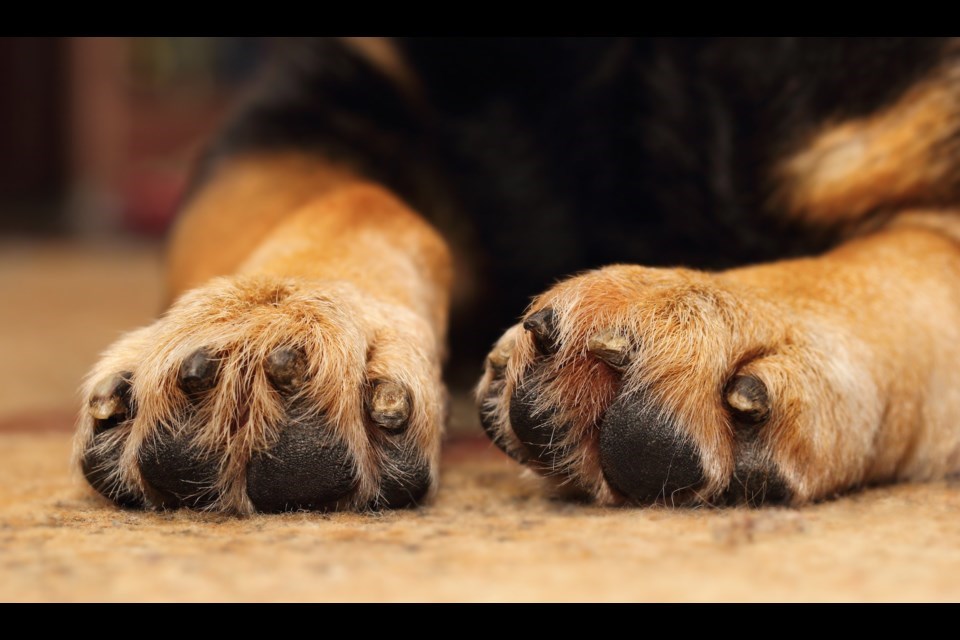WELLINGTON NORTH ‒ While she supports the registration process, one councillor believes the registration fee for livestock guardian dogs (LDGs) could limit agricultural operations in the future.
Deferred earlier this month, in the original report, staff recommended reducing the number of dogs an owner may have per unit on agriculturally zoned property to five from the current ten.
As discussed during a council meeting Monday evening, the bylaw now allows owners to apply for an exemption if they can meet the town’s criteria, which include farm business registration, acres, and the zoning of land owned, as well as how much livestock per location.
At no time can anyone own more than ten dogs in total (including pets and LGD).
“Owning 10 dogs that are family pets is excessive,” said the report. “(It) leads to misinterpretation as to whether a kennel is in operation or just 'pets' that continue to get pregnant and their litters are given away.”
While Coun. Lisa Hern agreed the dogs should be registered, she believes registration should be free.
“We've spoken before about the expansion of livestock operations and this is a limiting factor,” said Hern. “We have to think down the road about the way things are going.”
Arguing the $20 per dog fee seems small at first, Hern said it adds up when applied to multiple animals. Her proposal to waive the fee failed to find support.
Currently, only one individual is licensed for 10 dogs, one with nine licensed dogs, one with eight licensed dogs, and two with six licensed dogs. Everyone else has five or fewer.
“My thought is that these livestock guardian dogs are saving the taxpayer money,” said Hern. “I don't think it's going to be a ton of people, it may be two or three but we should support that.”
But Coun. Penny Renken said the savings farmers recoup from using LGD outweigh the registration cost.
“I think the small fee that's being asked to pay for an LGD would be a saving to the owner,” said Renken. “Those dogs saved the owner a lot of money by not having to hire a person to do the work that the dog could do.”
Coun. Sherry Burke agreed with Renken, saying there’s no reason why this issue should be treated differently.
“I think it's a small fee to pay especially if there are issues and we need to be able to pay for our canine control,” said Burke. “Just like anything else, whether they're building a home and they need a minor variance, I think they need to come to council on it and ask for that exemption.”
Mayor Andy Lennox also supported the report after watching the canine bylaw change a number of times over the years to “adapt to changing circumstances.”
“I think what we've got in front of us today is a good compromise in terms of getting where we need to go and I think I'm hearing and openness to addressing further needs or making changes as we need to down the road,” said Lennox. “So yeah, is it perfect? No, probably not. But I think I think we've got a great start and the place to build on.”
Isabel Buckmaster is the Local Journalism Initiative reporter for GuelphToday. LJI is a federally-funded program.



